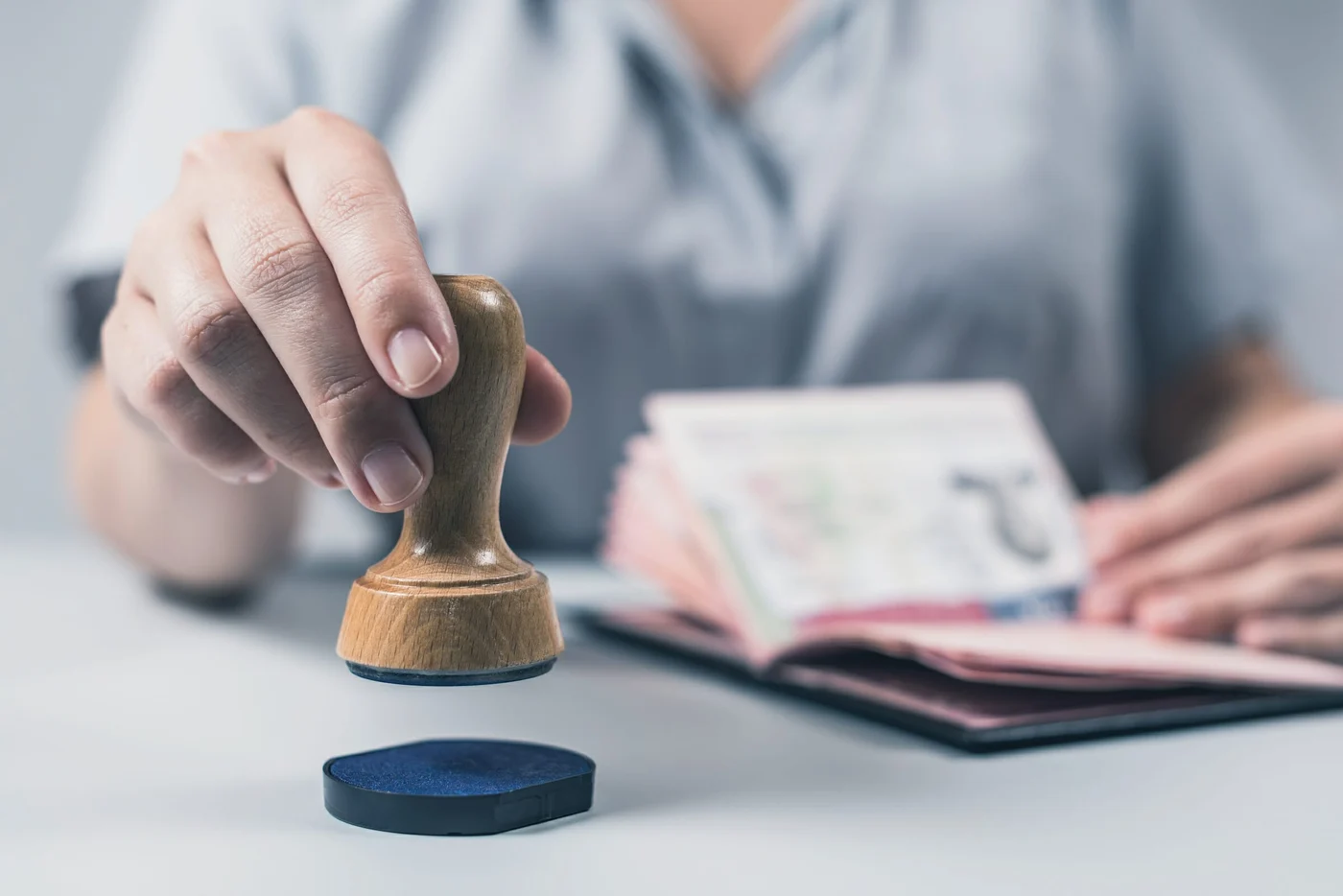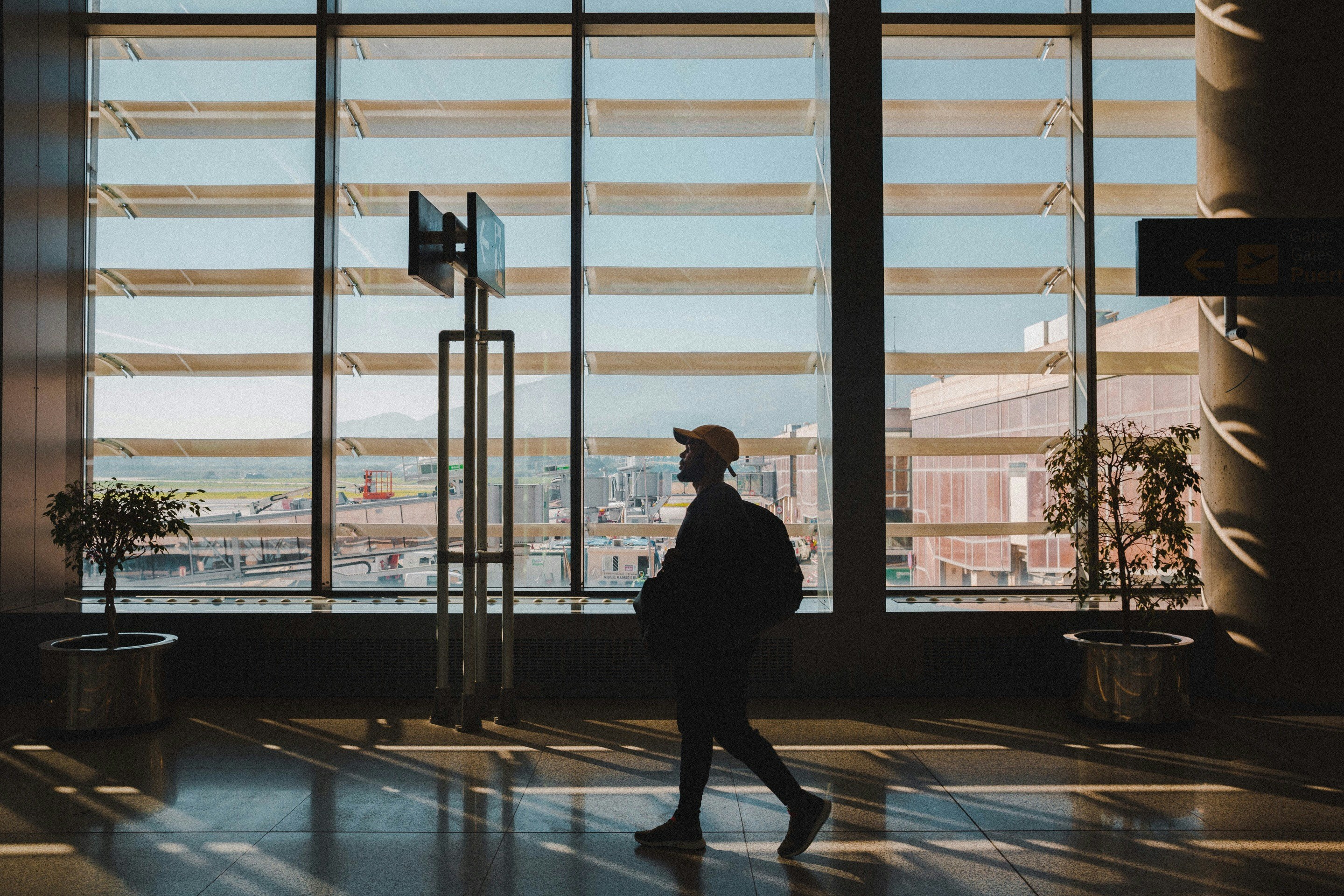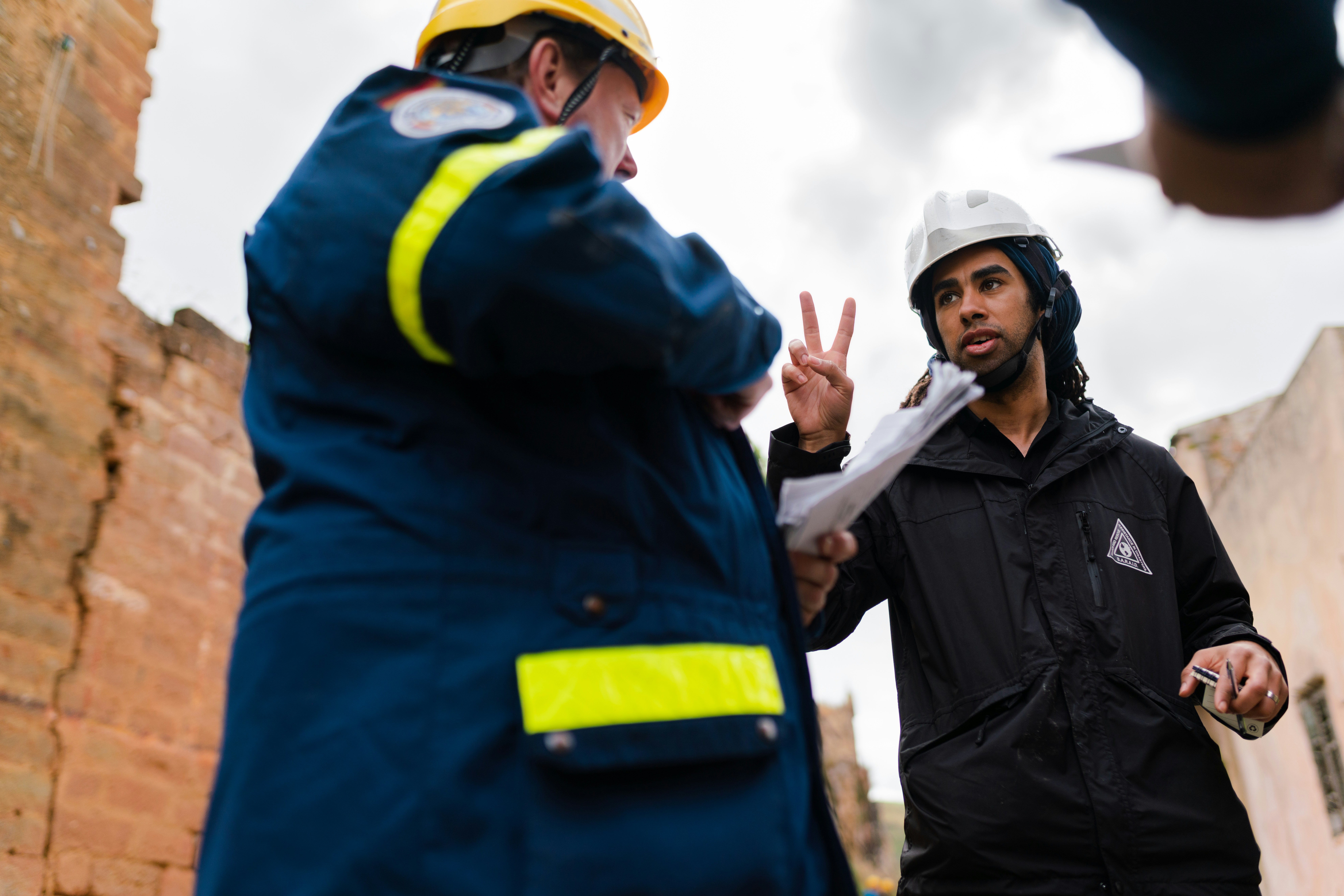Documents Required for U.S. Citizenship

.svg)

As part of the naturalization process, all U.S. citizenship applicants are required to provide supporting documents to U.S. Citizenship and Immigration Services (USCIS). Which documents are necessary depends on each applicant’s situation. Green card holders applying for naturalization based on their marriage to a U.S. citizen, for instance, must provide additional documentation, such as a marriage certificate and their spouse’s U.S. passport. Not sure if you qualify for citizenship? Start by checking your eligibility.
Applicants submit the supporting documents at different stages of the naturalization process. In the tables below, you’ll see which documents are required to be submitted with your Application for Naturalization (Form N-400) and naturalization checklist of which documents you must bring to your naturalization interview. Make sure to also check out our guide to creating digital documents the way the U.S. government prefers. If you don’t have all of these documents on hand, don’t worry! The good news is you can get started on your application now, while you gather your supporting documents. You don’t need every document to start making progress!
{{newsletter-component}}
If all of this sounds complicated and intimidating, don’t worry! We’ll help you stay on top of interview preparation, follow-on forms, and every other important milestone along the way.
{{cta-component-horizontal-aligned}}
Form N-400 Required Documents
The documents listed below must be submitted with Form N-400.
Not sure if you qualify for U.S. citizenship? You can check your eligibility with RapidVisa. When you’re ready to apply, we can guide you through every milestone of the naturalization process, starting with your citizenship application all the way to the finish line.
Naturalization Interview Required Documents
You must bring the documents listed below with your interview appointment letter to your naturalization interview.
Important: You are allowed to provide copies of the documents listed below this row with your Form N-400, but it’s generally a good idea to wait and bring them to your interview. That’s because any changes that occur between filing your N-400 and taking the Oath of Allegiance mean that you’d need to submit new documentation reflecting the change and USCIS would need to re-evaluate your application, likely causing delays.
- Arrested
- Detained
- Charged
- Convicted
- Received an alternative sentence
- Placed in rehabilitation



.svg)





.svg)
.avif)